Chess Diagram (Fotolia)
[People News] Recent events have once again shaken the Chinese chess (xiangqi) community. A total of 41 Chinese chess players have been penalized, with three national champions receiving lifetime bans. A review reveals that in the past decade, nearly all Chinese chess champions have faced significant setbacks.
On January 12, the Chess and Card Sports Management Center of the General Administration of Sport of China announced the findings of an investigation into the "recording scandal" involving Chinese chess. The investigation revealed that 41 individuals were involved to varying degrees in violations such as bribery, including buying and selling matches.
Penalties have been issued against the 41 individuals, ranging from lifetime bans to multi-year suspensions and public reprimands.
Among them, Zhao Xinxin, Wang Yang, and Zheng Weitong received lifetime bans. Their technical titles conferred by the Chinese Chess Association were revoked, and they are prohibited from participating in or organizing any events authorized by the Chinese Chess Association or its affiliated entities.
All three are former national champions.
Zhao Xinxin won the 42nd National Individual Xiangqi Championship in 2007 and the 11th World Xiangqi Championship in 2009. He is one of China’s few "grand slam" winners, holding national, Asian, and world titles.
Wang Yang clinched the title of the 53rd National Individual Xiangqi Championship in 2018 and is recognized as the 20th Chess King of China.
Zheng Weitong won the 49th and 50th National Individual Xiangqi Championships in 2014 and 2015, respectively, becoming the 18th Chess King of China.
Notably, Zhao Xinxin had faced a suspension in the past. In 2005, at the age of 17, Zhao was reported for allegedly purchasing the title of Chess Grandmaster, resulting in a one-year suspension.
In September 2024, the Chinese Chess Association announced that two prominent players, Wang Tianyi and Wang Yuefei, were banned for life, with their Grandmaster titles revoked.
Wang Tianyi, one of the most decorated players, had won the National Xiangqi Individual Championship four times (2012, 2016, 2019, and 2023).
A review by reporters from Da Wan News highlights that nearly all national champions in the past decade, except for Xie Jing and Xu Chao, have faced disciplinary actions.
Key cases include: Zhao Xinxin, Wang Yang, and Zheng Weitong: lifetime bans. Wang Kuo: banned for 7.5 years. Sun Yongzheng: banned for 4 years and 3 months. Wang Tianyi: lifetime ban.
The latest upheaval stems from a leaked recording of a conversation between Chinese Xiangqi Grandmaster Wang Yuefei and Hao Jichao, in which Hao admitted to using computer software to cheat during matches. The recording also implicated Wang Tianyi and discussed instances of match-fixing, with references to "buying games" to manipulate outcomes.
The recording caused an uproar, prompting He Dafei, another Grandmaster, to publicly call for a thorough investigation into broader misconduct within the Chinese chess community.
In April 2024, Wang Tianyi was detained by police and later formally arrested in August.
Insiders revealed that investigators from Hangzhou police had repeatedly questioned Zheng Weitong, a renowned player and 2023 Asian Games champion.
Zheng initially denied involvement in match-fixing but later admitted to transactions totaling tens of thousands of yuan.
Zheng Weitong, who won the 2015 National Xiangqi Championship and became the first male world champion in the 14th World Xiangqi Championship, had a promising career.
In 2020, he was admitted to Tsinghua University and won gold in the men’s individual event at the Hangzhou Asian Games in October 2023.
Sources also noted that Zhao Xinxin, acknowledged for his exceptional skill, was heavily involved in match-fixing, allegedly selling games for as much as 200,000 yuan per match.
After Wang Tianyi's detention, Zhao faced repeated questioning and was eventually detained long-term in July 2024.
On January 12, Liu Dahua, a respected figure in Chinese Xiangqi, commented that the Chinese Chess Association's penalties were appropriately severe. He expressed satisfaction that figures like Wang Tianyi, described as "malignant tumors," were exposed and removed.
Despite the penalties involving his disciples Wang Yang and He Dafei, Liu stated he felt no regret and hoped for a cleaner chess community.
Previously, Liu Dahua had publicly accused Guo Liping, deputy director of the General Administration of Sport's Chess and Card Sports Management Center, of protecting corrupt forces in Xiangqi and manipulating major tournaments, including their outcomes and prize allocations. Guo allegedly retaliated against whistleblowers.
In May 2024, Guo was removed from her position as deputy director, and in November, she was dismissed from her trial role as deputy director of the Qigong Management Center.
These events reflect a long history of corruption in Chinese sports.
U.S.-based political commentator Ji Da told Dajiyuan that systemic corruption in the Chinese Communist Party extends to sports. He argued that under such distorted conditions, true sportsmanship and moral integrity cannot exist, and competition becomes a means to serve political and financial interests.


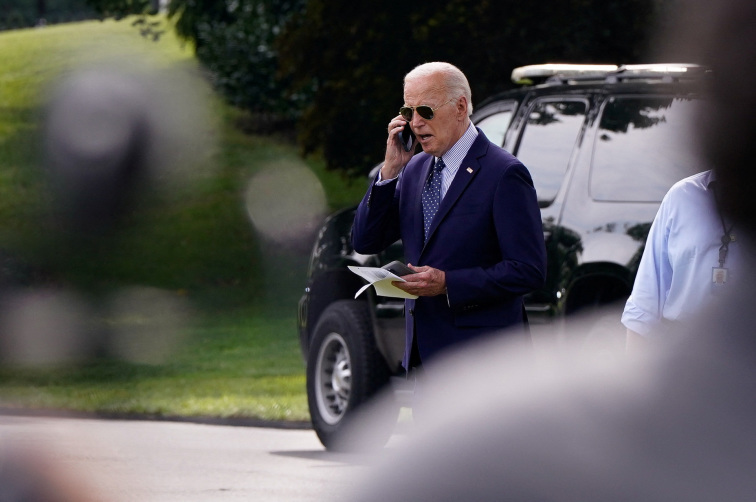

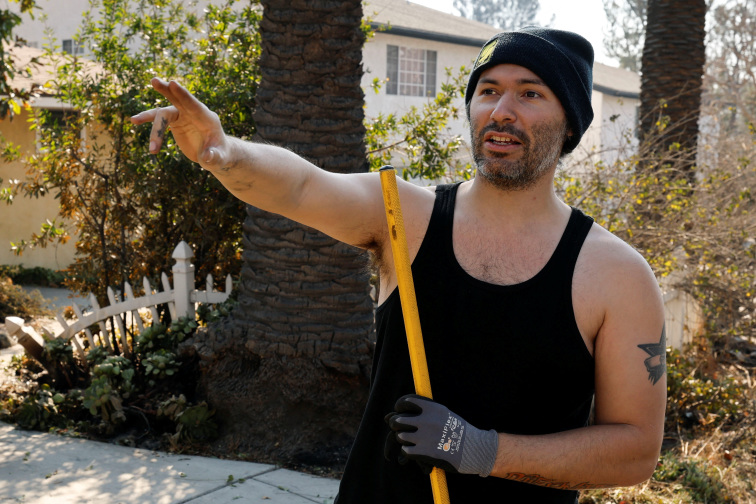
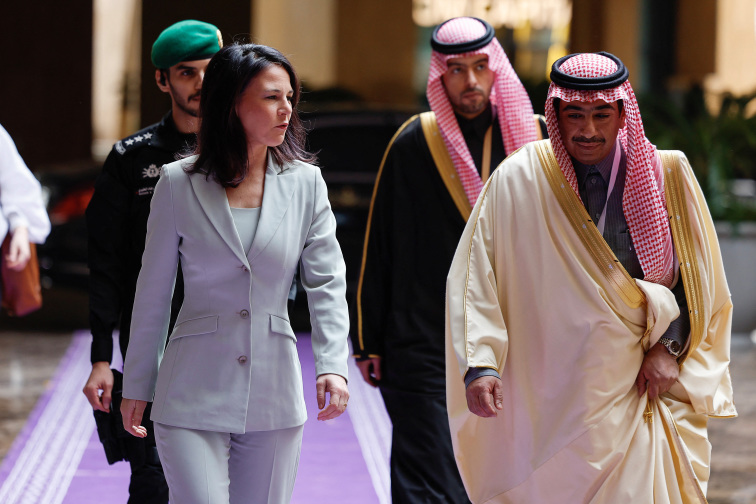
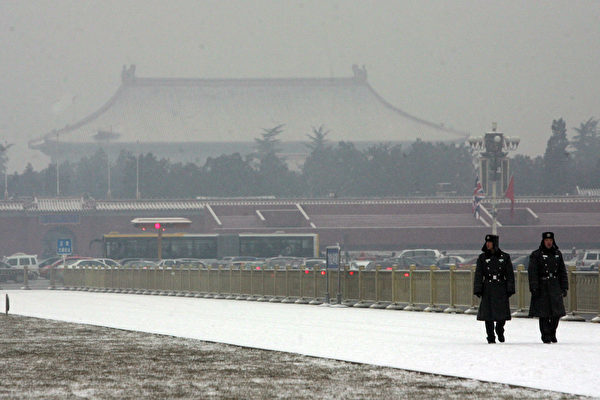
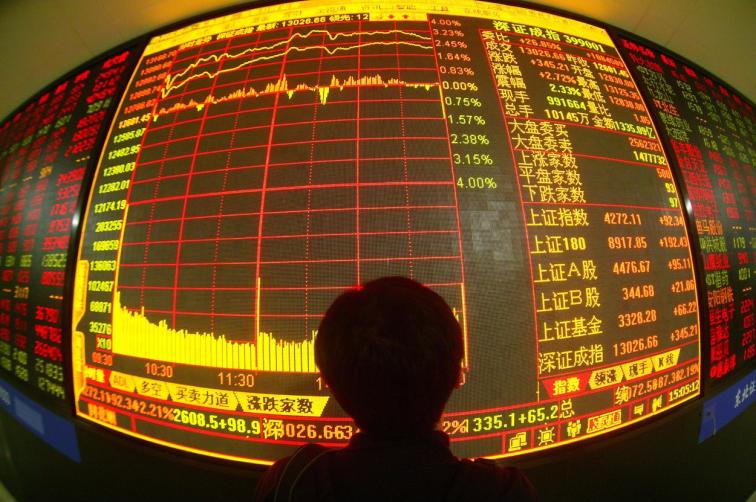



News magazine bootstrap themes!
I like this themes, fast loading and look profesional
Thank you Carlos!
You're welcome!
Please support me with give positive rating!
Yes Sure!